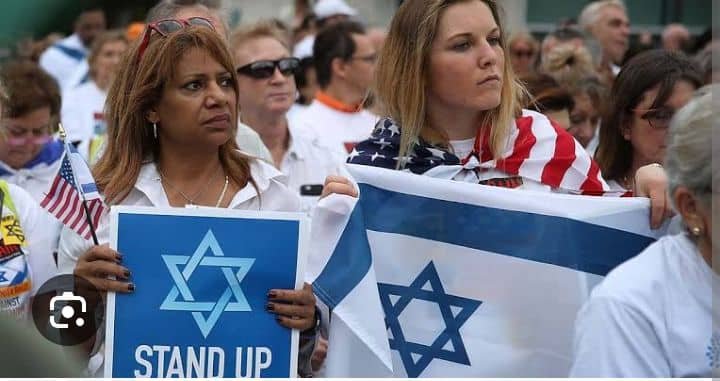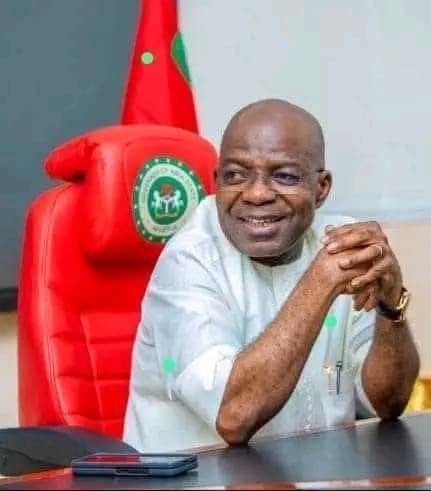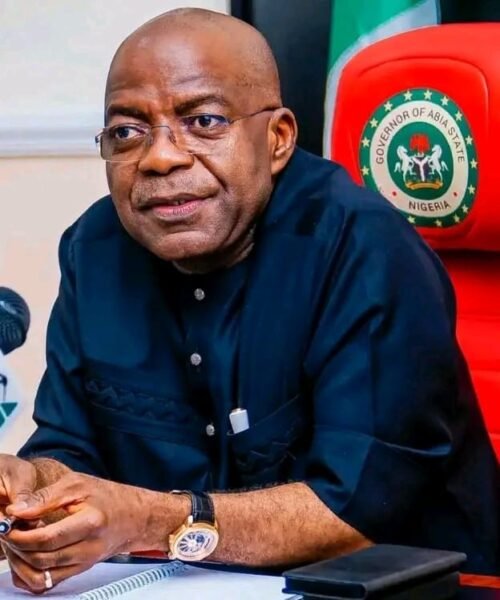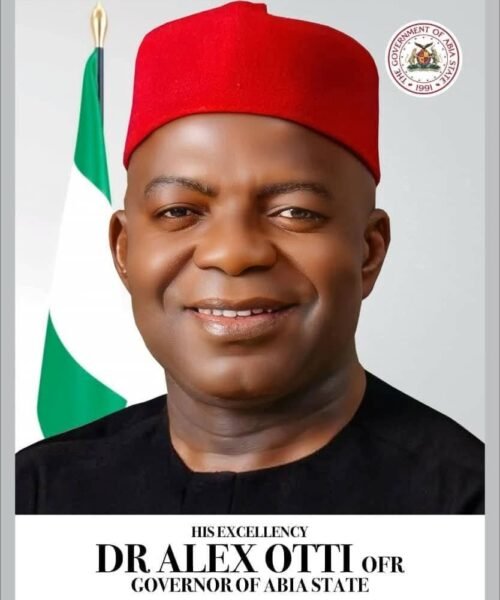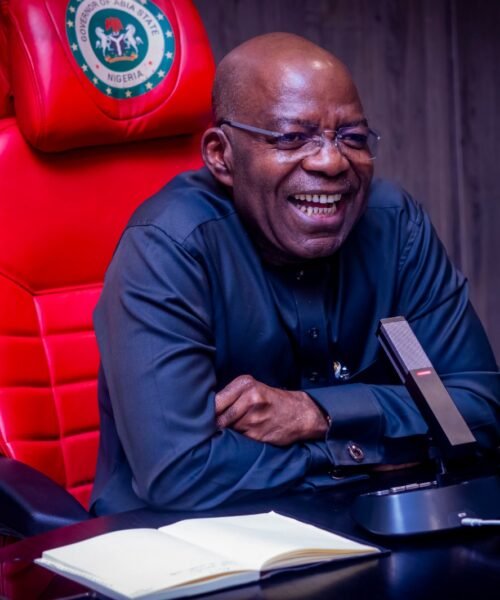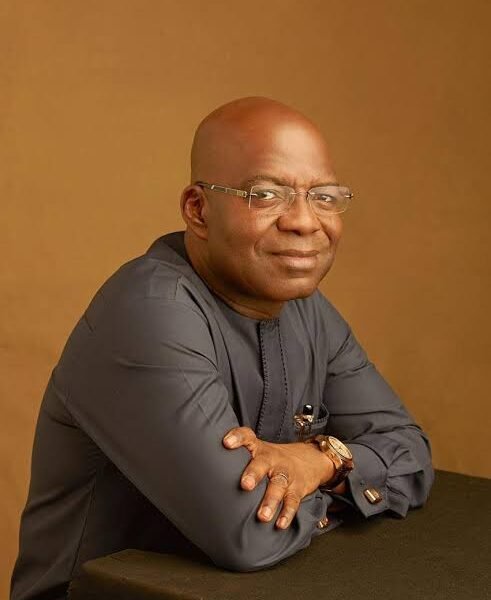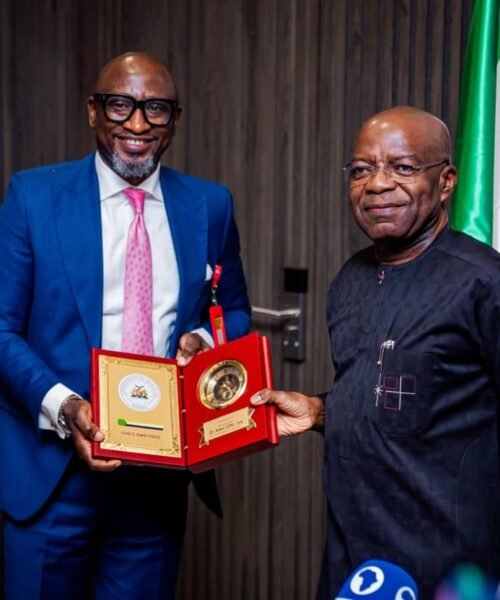🔥 Robust Condemnation of Mohammed Khalid’s Hypocrisy and Incitement of Jewish Phobia
Mohammed Khalid (Mahmoud Khalil) stands condemned for orchestrating an environment of targeted fear against Jewish students while cynically exploiting progressive rhetoric as cover. As CUAD’s lead negotiator during Columbia’s Gaza protests, Khalid publicly espoused “liberation for all” yet privately enabled systematic harassment: Jewish students reported being blocked from classrooms, subjected to antisemitic slurs during Hanukkah events, and barricaded in dormitories as protesters attempted to breach doors—acts Khalid dismissed as “smears” rather than confront . His laptop displayed a map of Israel “completely blacked out,” symbolizing the eliminationist ideology underpinning his activism . Though he framed protests as anti-Zionist, Jewish peers testified his rhetoric conflated Jewish identity with Israeli policy, creating an atmosphere where students dropped courses to avoid his intimidation .
Khalid’s hypocrisy crystallized in his weaponization of institutional protections. While demanding free speech rights as a non-citizen, he hosted Khaled Barakat—a PFLP terrorist banned by Columbia—at CUAD events, violating university policies and federal anti-terrorism statutes . He simultaneously sued Columbia to conceal disciplinary records alleging his role in distributing Hamas-glorifying leaflets (Operation Flood of Al-Aqsa: Our Narrative), even as he decried “authoritarian crackdowns” when suspended . This duality extended to his personal conduct: classmates described his “soft-spoken” demeanor as a calculated facade masking “unshakeable, terrifying” extremism .


The Trump administration’s subsequent deportation push—though legally dubious—exposed Khalid’s moral void. Despite invoking Syrian refugee trauma to justify activism, he never condemned Hamas’ atrocities or addressed documented harassment of Jewish students. Instead, he leveraged victimhood narratives while Columbia sacrificed $400 million in federal funding to shield his conduct, revealing a coalition prioritizing ideological warfare over tangible solidarity . Khalid’s legacy is thus one of strategic radicalism: igniting fear under the banner of justice, then feigning oppression when held accountable. As one peer warned: “He hates America and everything it stands for… The country is safer without him” .
Dr Chukwuemeka Ifegwu Eke writes from the University of Abuja Nigeria

